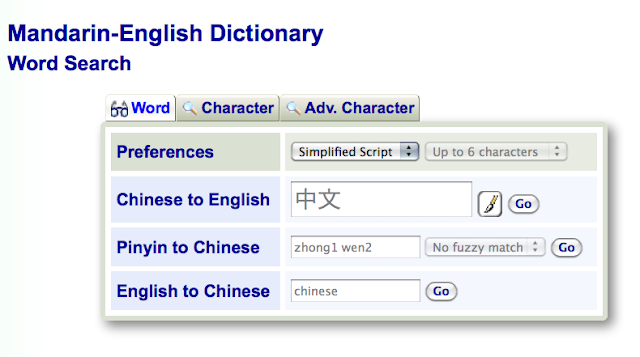
Thursday night I walked over to the Wendy Williamson Auditorium at UAA to see the performances celebrating the opening of the Confucius Institute. I've been busy with a number of things today - including computer problems following the installation of Snow Leopard which I think may now finally be over - so I had trouble getting the video completed. [Update Oct. 3 - see this later post for what the Snow Leopard problem was for me. Doesn't mean it will work for you, but it seems to have solved my problem.]
I'll try to do another post or two - one on Confucius and one on Confucius Institutes - but in the meantime here's a glimpse of the celebration. There were entertainers from Anchorage, other parts of the US, and some brought over from China.

This really did have a Chinese feel to it. I was particularly interested in seeing the 'change of face' act. This is a particularly Chinese art form handed down from generation to generation. There's a great film about such an artist who is looking for an apprentice to teach his art to. And as part of the Opening Week celebration, the Confucius Institute will show the movie Saturday night. This is an amazing skill and Thursday night was the first time I saw it in person. It's at the end of the video.
The following is what UAA's website had about Thursday's show (there's a bit of all of the acts on the video)
There was also some formal stuff.A Celebration of Chinese Performing Arts
Thursday, Sept. 10, 7 p.m. at the Wendy Williamson Auditorium
- Dr. J.D. Zhang, Sichuan Opera “Change of Face” artist and master of traditional Chinese magic [top picture]
- Guoming Sun, Asia International Martial Arts Champion performing double Chain-whip and Drunk Sword [right]
- Weiguang Dang, Famous Chinese Baritone
- Dr. Yuxiang Wu, Classical Chinese Flute
- There will be choral singers, dancers and other performances by members of the Alaska Chinese Association.
 The Dean of the College of Arts and Sciences [left] spoke as did the director of the Institute and the the Vice Consul General from the Chinese Consulate in San Francisco [picture above.]
The Dean of the College of Arts and Sciences [left] spoke as did the director of the Institute and the the Vice Consul General from the Chinese Consulate in San Francisco [picture above.]All the events are free. Friday night there was a talk on "Overcoming the Global Economic Crisis: The Chinese Gamble" which I missed because our (originally from Taiwan) guests got back from their trip to Kennecott Mine this evening.
Here's the Saturday schedule from the Institute website. I expect this too will be pretty genuine and worth attending. And it should be good for kids and it's free. This is not your every day fare, the Chinese government is using these Institutes to put a good face forward in the world, so this is probably as close to being in China as it gets at a public event in Alaska.
Chinese Adventure: A carnival of
activities, games, performances and prizes
Saturday, Sept. 12, Noon to 4 p.m. at the UAA Student Union on the 1st Floor [parking is free on Saturdays, and if you don't know where the student union is, this is a good time to go looking for it (it's on Providence between Providence Hospital and Lake Otis) next to the sports center].Come witness and participate in traditional dance and martial arts performances, calligraphy, paper cutting and folding, Chinese games and more. These opportunities made possible with assistance from the Alaska Chinese Association and the UAA Chinese Language Club.
And then in the evening the movie I mentioned above. This is a really interesting movie and if I recall right, appropriate for kids. [Let me amend this thought. It's probably good for mature kids about 12 or over. It probably has subtitles, but if you are one of those anti-subtitles people, try not to pass that prejudice on to your kids. It helps them improve their reading and gives access to many great films.] One of the key characters is the kid who is being trained. The Fine Arts Building is on the far east side of the campus. The street that comes out of the Providence Hospital onto Providence Dr. goes right into campus there. Turn right at the first corner.
Film Presentation: The King of Masks (1999)
Sunday, Sept. 13, 6:30 p.m. in the Fine Arts Building 150
Directed by Wu Tian-Ming, The King of Masks is set in 1930s Sichuan Province and tells the tale of an aging master of the traditional Sichuan Opera art of Change of Face, rapid mask changes to display the emotions of varied players, and his quest to find a protégé to carry on his art. This is a simple, moving and well-acted film starring Zhang Zhigang and Xu Zhu.






























